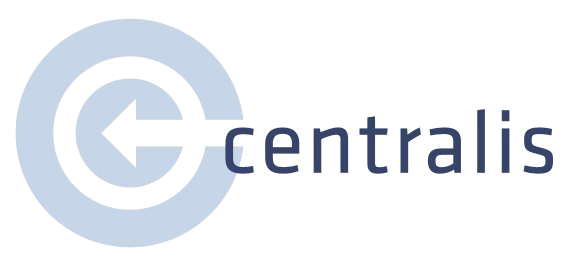Case Study: Card Sorting
Home > Clients & Case Studies > ASCO Cancer.net
Centralis helped ASCO organize their vast resources for the general public on Cancer.net.
The Challenge
ASCO’s Cancer.net is a comprehensive site to provide support and education about all aspects of cancer.
Given the many forms that cancer can take and the impacts it has on different areas of life, Cancer.net contains large amounts of varied medical information.
ASCO needed Centralis to determine the best way to organize their thousands of pages, so we turned to people whose lives had been impacted by cancer.
The Process
Centralis conducted twenty-nine card sorting sessions, beginning each with a brief but personal interview on the participant’s experience with cancer and their online research habits.
We then gave the participant seventy-seven cards displaying representative content from every corner of the website. As the participants sorted these into categories, we listened to their thought process and brainstormed names for the various groups. Each session closed out with discussion about the participant’s final sort and what they personally believed to be the most relevant information.
We combined each individual sort using cluster analysis, which revealed common patterns in how the participants organized the information.
The Impact
Cancer diagnosis is a life-altering and emotional event, so ASCO needed their public resource to be as easy to use as possible.
Our research uncovered content categories that both made sense and were easy to navigate.
After analyzing the card sort data, Centralis provided ASCO with a robust site map that organized information exactly where users would go looking for it, removing frustration from an already stressful process.
Our Value
Throughout Centralis’ work with ASCO, we were cognizant of their non-profit status and subsequent limited budget, so we tailored our procedure to be affordable and accessible for their team.
We were also aware of the emotional nature of this work and maintained a professional yet comforting presence when talking to participants.
The personal implications of our work for millions of cancer patients and family members remained front of mind throughout this project, and we were grateful to be doing such important work.
about Cancer.net and its users over the next few years."
- Senior Online Communications Specialist, ASCO








